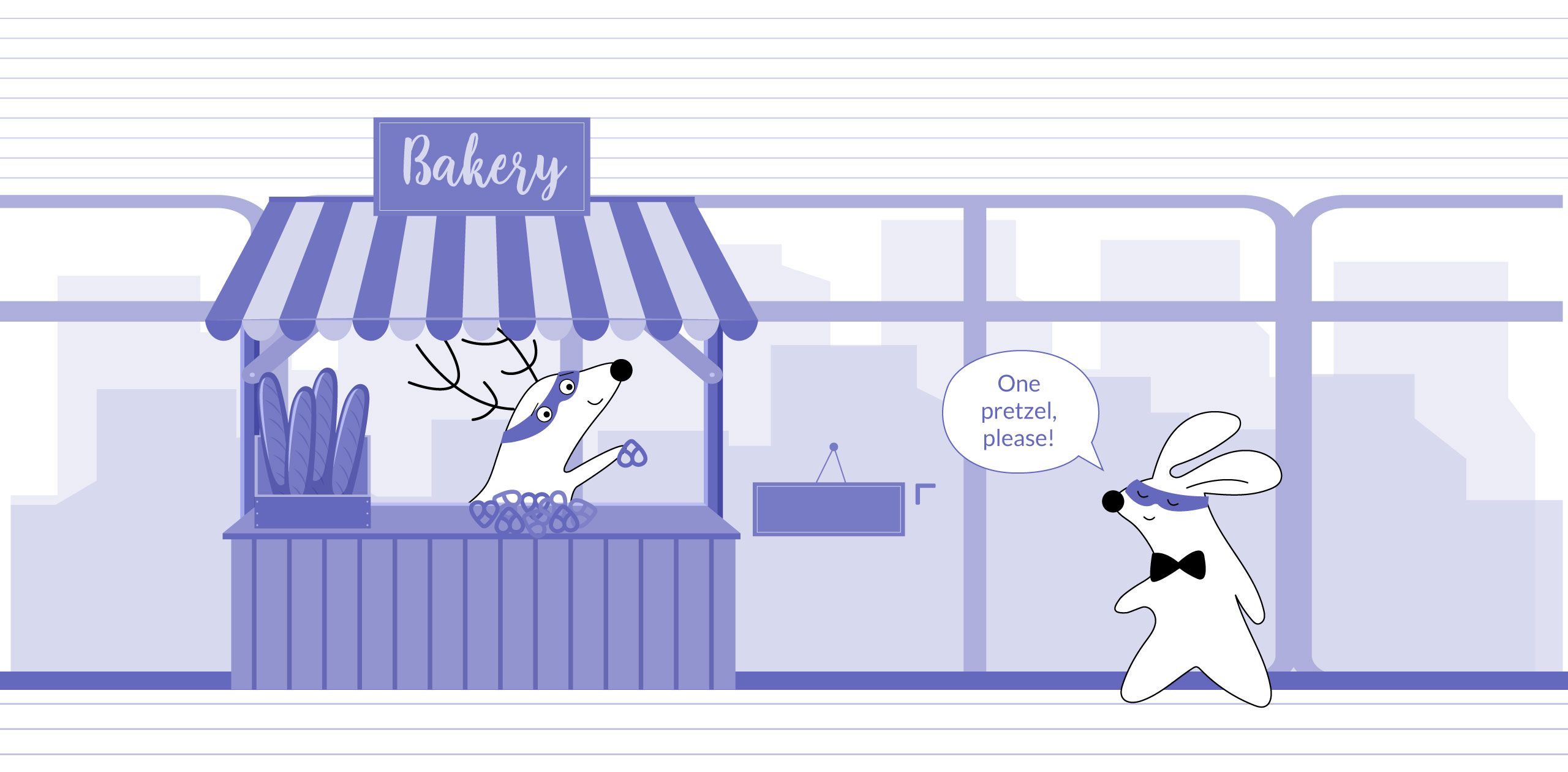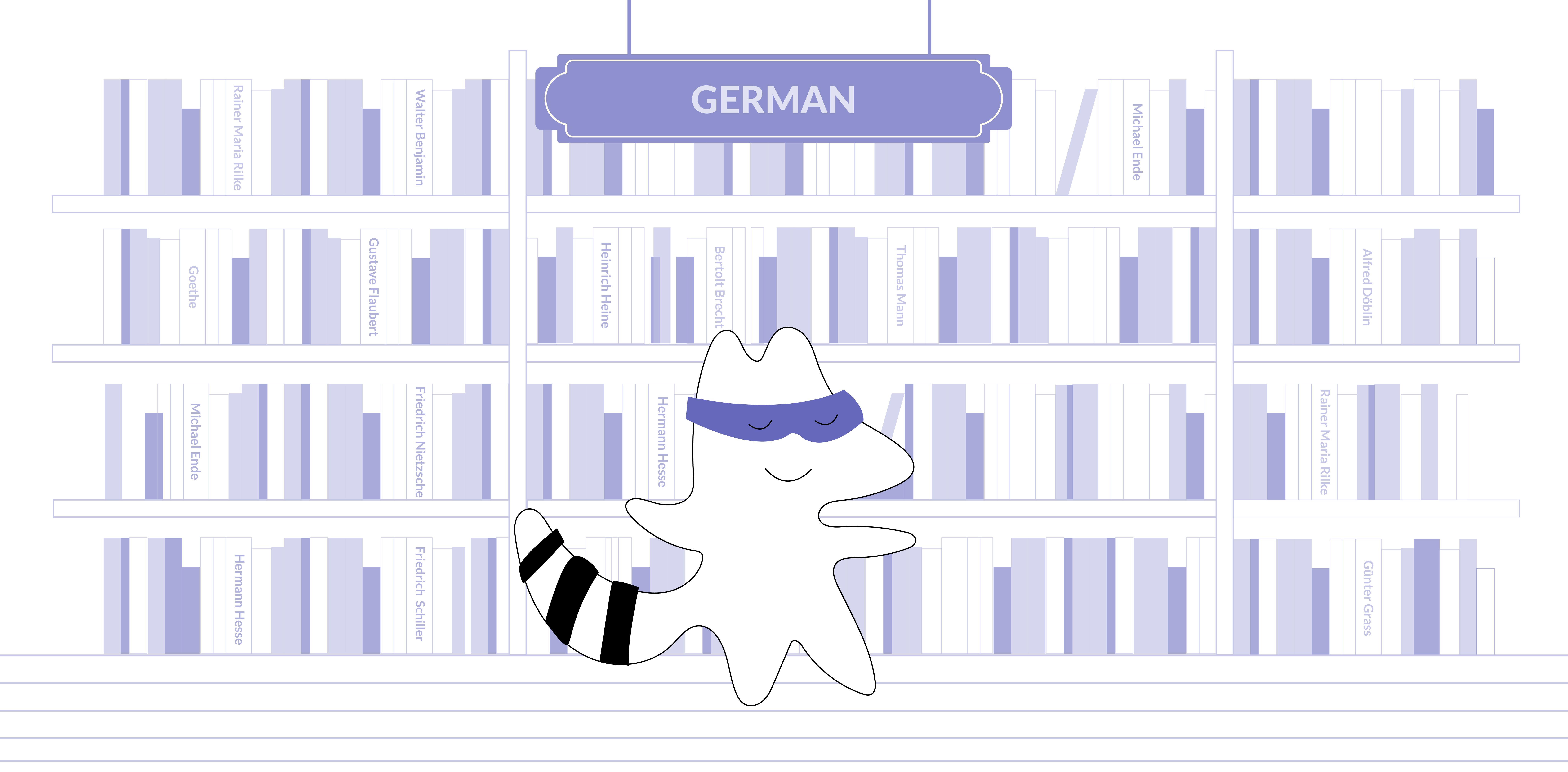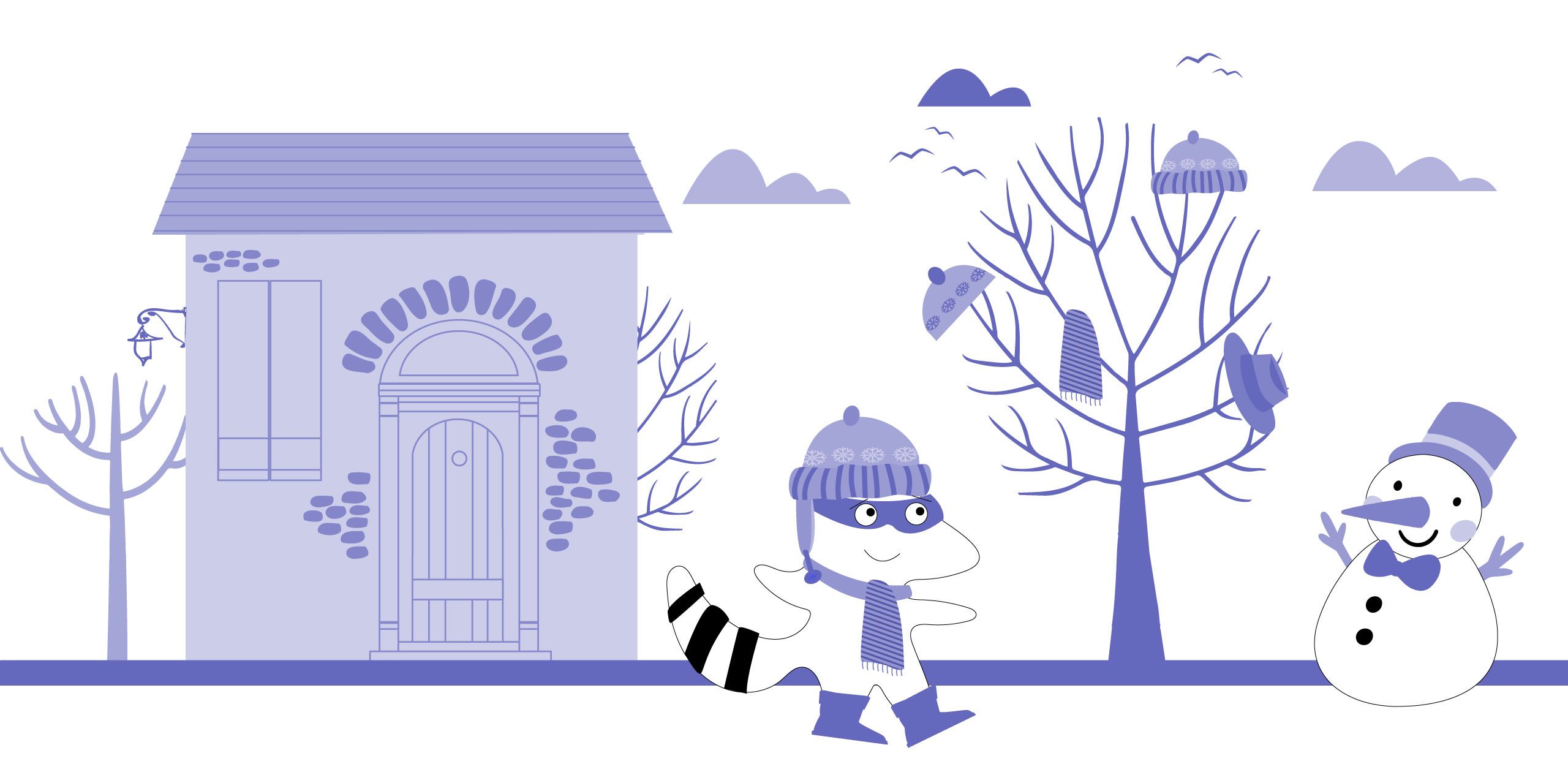Unfortunately, there is not magic solution for mastering German in just one week, and no single app or book alone that will make you fluent. In short, there is no one-size-fits-all approach when it comes to language learning. Mastering German demands dedication and a combination of strategies that are unique to you.
However, learning German with stories has recently triggered a revolution within the entire language-learning industry. It started as just one among many available approaches, but as you are reading this, thousands of language students are ditching dusty, standard textbooks and one-course-fits-all classroom apps right this moment.
Instead, they are using novel tools, such as the Langster app, with short, graded stories to learn German and move from A1 to B1 level in as little as six months.
And, you can do it, too.
Learn German with Langster
Why learning with stories makes such a difference?
People decide to try learning German with stories for many reasons: because it is more fun, because they want to make their loosely connected vocabulary more cohesive, or simply because they are bored with traditional learning methods and want to try something new and potentially more effective.
But, that is just a piece of the puzzle. Stories might seem like a good language-learning method, but there’s much more to them.
Storytelling is the oldest form of communication and is still the most effective way to learn more about the world.
The main reason why stories are so powerful is that they give you a full context for words and situations. When listening to or reading a story, your brain starts reconstructing the information you gain. You start building associations with what you learn, which allows you to develop better memories and recall knowledge faster.
Storytelling also helps you build an emotional connection with the story and language. When we are emotionally engaged, our brains become more alert and receptive to information, making us more likely to remember what we learn.
Storytelling appears in numerous niches today. Not only do people use it as a form of learning in fields like medicine, law, and theology, but it’s also a necessary tool in many other spheres of our life.
Journalists use it to create high-quality, engaging content. Doctors use narrative medicine to incorporate patients’ whole life stories into their treatment plans. Business specialists base their persuasive presentations on storytelling. And that’s only scratching the surface.
But, why?
Because humans just love stories! Stories trigger a natural learning process. We are wired to connect with them and create associations in our minds. We don’t even feel the effort that every learning process necessitates. Instead, we focus on the plot, the details, the emotions – and enjoy the process.
But, how exactly can you learn German with stories?
Right. Learning German is often seen as a daunting process that requires practice, drilling, and relentless effort. This idea has been put into our minds for so long, that it's hard to imagine learning German can be easy, fast, and engaging. But, it can – with the Langster app.
Here's how that works:
- You ditch the boring textbooks. Instead, you start with short stories that are appropriate for your level. Langster chooses the stories from all over the world and adjusts them for you, so you feel challenged but not overwhelmed.
- You find stories that are important for you personally. Sports, animals, food, travel, relationships, science, psychology – these are just some of the topics that you can learn about on Langster, all in German.
- You learn German in real-life contexts. Langster doesn’t just provide you with random words or sentences – we choose stories with appropriate vocabulary and grammar, add quizzes to check your comprehension, and create practice tasks to help you reinforce the knowledge. This way, you can learn German in an authentic context and make sure that what you learn is actually applicable.
- You get deeper into the language. You don't just learn the language basics, but dive deep into the culture, history, and current events of German-speaking countries. You’ll learn to understand how people talk about food, relationships, or current events – because these are all included in Langster stories.
- You have fun learning German at your own pace. Stories work for different types of learners, so you won’t have to force yourself to learn. Whether you’re a visual learner or an auditory one – with stories, you can learn at your own pace. You don't have to worry about keeping up with the class or a teacher's instructions.
Why Langster? How does one app make learning German so effective?
Today, there are many books and exercise sheets created to learn German with stories. So, how is Langster different?
You start at your own level and learn at your own pace. We understand the fact that not everyone learns at the same speed. That’s why we provide different levels of difficulty, starting from beginner and all the way up to advanced users, and help you gradually move up.
You reinforce the knowledge by repeating vocabulary and grammar regularly. You can choose new words and grammar rules to target in each story and create your own personalized flashcards. Langster will remind you to revisit them regularly, so you can develop a habit of learning.
You are motivated to practice German thanks to new stories appearing in the app every day. We make it our mission for you to get fresh content in German regularly, whether you are a free or a premium user. This way, you won’t get bored with outdated stories and learn something new every day.
Have more questions? Give it a try, and see for yourself.
Now, it’s time to set your own experiment, and see for yourself how everything you’ve learned above can help you become fluent. Give Langster a try right here, right now:
Learn German with Langster
Want to see more stories? Download Langster here, and start learning right away.









